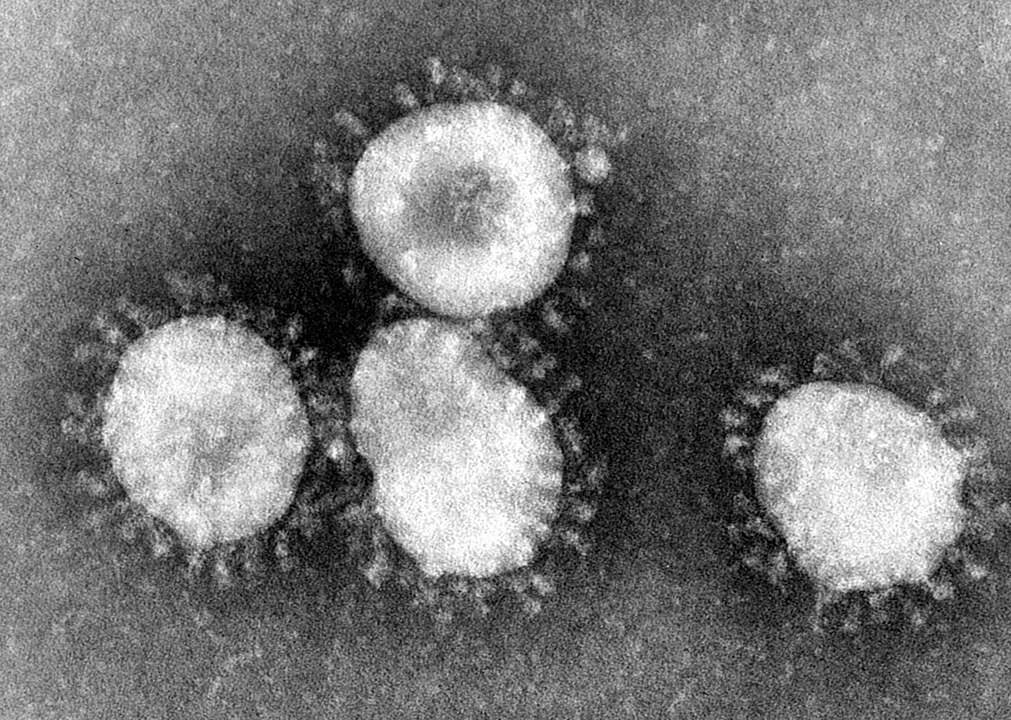
Updated February 5, 2020 (From the Church Newsroom)
The Church issued the following updated statement regarding missionaries being transferred from Hong Kong and Macau:
The Church continues to monitor developments with the coronavirus. Overnight, we have learned that some of the missionaries leaving the China Hong Kong Mission will not undergo quarantine at a government facility as previously believed. Therefore, these 17 missionaries (who are citizens of the Philippines) will be isolated and separated from contact with other missionaries for 14 days at the missionary training center in Manila before departing for their new assignments or returning home.
The Church feels an important responsibility to do all we can to help these missionaries stay healthy and avoid even the remote possibility of spreading the virus. Staff at the missionary training center will work carefully to meet all the needs of these missionaries while they are there and to keep themselves and other missionaries safe by following proper health protocols.
As we have noted previously, for several days prior to leaving Hong Kong, all missionaries have rigorously followed preventative health practices to avoid illness including remaining in their apartments as much as possible, not engaging in teaching, wearing masks, and frequently washing their hands. Therefore, the likelihood of any of these missionaries having contracted the coronavirus is very low. Additionally, each missionary was required to show no symptoms before leaving Hong Kong.
Earlier the Church off Jesus Christ had released this statement on 29 January 2020
Missionary Precautions Regarding Coronavirus
Due to media inquiries regarding the coronavirus, the following statement has been issued by Daniel Woodruff, spokesman for The Church of Jesus Christ of Latter-day Saints:
While the Church does not conduct missionary work in mainland China, there are more than 67,000 missionaries serving around the world and their health and safety is our top priority. We are closely monitoring the situation with the coronavirus and are in regular contact with medical professionals and experts on this issue. We are following the recommendations of the World Health Organization, the Centers for Disease Control and Prevention, and local authorities throughout the world and are ready to make adjustments as needed. Information is being distributed to mission leaders and missionaries that will help them take steps to protect themselves against respiratory illness. As they communicate weekly, parents should encourage their missionaries to follow standard practices to stay healthy and protect against illness.
Frequently Asked Questions and Answers about the Coronavirus

Disease Basics (from the CDC.gov website)
Q: What is 2019 Novel Coronavirus?
A: The 2019 Novel Coronavirus, or 2019-nCoV, is a new respiratory virus first identified in Wuhan, Hubei Province, China. Learn about 2019 Novel Coronavirus.
Q: What is a novel coronavirus?
A: A novel coronavirus (nCoV) is a new coronavirus that has not been previously identified. The 2019 novel coronavirus (2019-nCoV), is not that same as the coronaviruses that commonly circulate among humans and cause mild illness, like the common cold.
A diagnosis with coronavirus 229E, NL63, OC43, or HKU1 is not the same as a 2019-nCoV diagnosis. These are different viruses and patients with 2019-nCoV will be evaluated and cared for differently than patients with common coronavirus diagnosis.
Q: What is the source of 2019-nCoV?
A: Public health officials and partners are working hard to identify the source of the 2019-nCoV. Coronaviruses are a large family of viruses, some causing illness in people and others that circulate among animals, including camels, cats and bats. Analysis of the genetic tree of this virus is ongoing to know the specific source of the virus. SARS, another coronavirus that emerged to infect people, came from civet cats, while MERS, another coronavirus that emerged to infect people, came from camels. More information about the source and spread of 2019-nCoV is available on the 2019-nCoV Situation Summary: Source and Spread of the Virus.
Q: How does the virus spread?
A: This virus probably originally emerged from an animal source but now seems to be spreading from person-to-person. It’s important to note that person-to-person spread can happen on a continuum. Some viruses are highly contagious (like measles), while other viruses are less so. At this time, it’s unclear how easily or sustainably this virus is spreading between people. Learn what is known about the spread of newly emerged coronaviruses.
Q: Is 2019-nCoV the same as the MERS-CoV or SARS virus?
A: No. Coronaviruses are a large family of viruses, some causing illness in people and others that circulate among animals, including camels, cats and bats. The recently emerged 2019-nCoV is not the same as the coronavirus that causes Middle East Respiratory Syndrome (MERS) or the coronavirus that causes Severe Acute Respiratory Syndrome (SARS). However, genetic analyses suggest this virus emerged from a virus related to SARS. There are ongoing investigations to learn more. This is a rapidly evolving situation and information will be updated as it becomes available.
Prevention
Q: How can I help protect myself?
A: Visit the 2019-nCoV Prevention and Treatment page to learn about how to protect yourself from respiratory illnesses, like 2019-nCoV.
Q: What should I do if I had close contact with someone who has 2019-nCoV?
A: There is information for people who have had close contact with a person confirmed to have, or being evaluated for, 2019-nCoV infection available online.
Q: Does CDC recommend the use of facemask in the community to prevent 2019-nCoV?
A: No. CDC does not currently recommend the use of facemasks among the general public. While limited person-to-person spread among close contacts has been detected, this virus is not currently spreading in the community in the United States.
